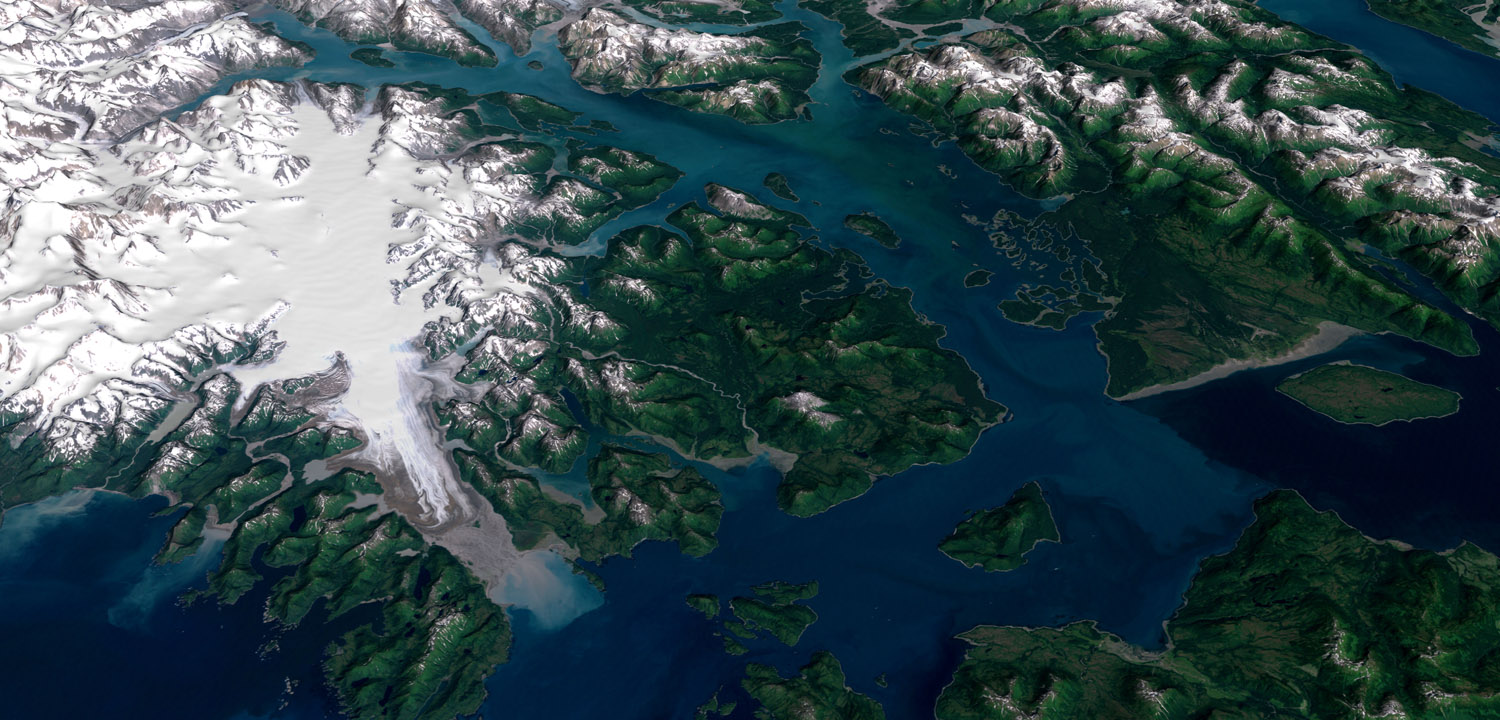
Climate Change
Climate change, combined with legacy problems from poor development and poor fisheries management, is having a major impact on wild salmon and steelhead across their range in the North Pacific.
From persistent drought conditions to heat waves to warmer oceans, we’re seeing increased climate events.
Wild Salmon Center’s approach to climate change is two-fold.
Download our climate framework “Ready for Change”.
One, we’re working to accelerate targeted local actions that reverse historic problems and restore the resilience of rivers and fish. This gives wild salmon time to adapt to changing conditions, while the world works to stop climate change.
Read our climate framework “Ready for Change” to dig into this approach.
Two, we’re working to protect and restore large salmon watersheds that can slow climate change. An analysis in 2021 found a strong correlation between salmon strongholds and high value lands for carbon sequestration.
Read more about our ongoing climate-related work below.
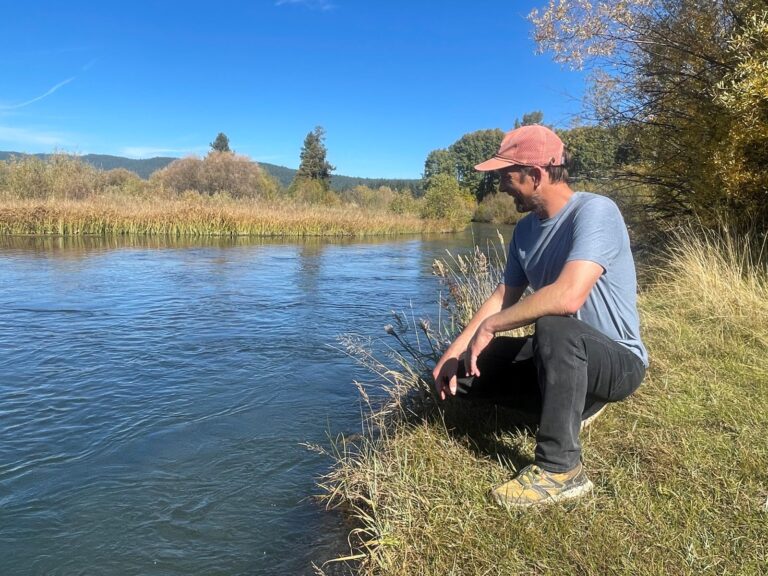
Hot Water: A Conversation with Dr. Jonathan Armstrong
The Wild Salmon Center Science Advisor wants change the way we think about “winning” salmon rivers.
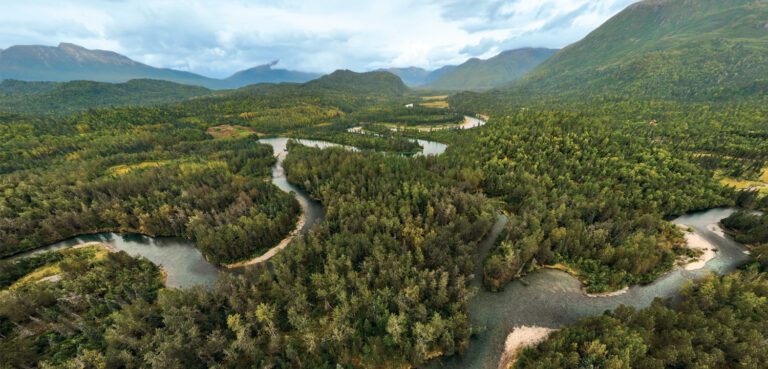
The US election means change. We’re ready to meet the moment.
Wild Salmon Center has a long history of advancing our mission through times of political change.

Salmon Futures: A Conversation with Dr. Jonathan Moore
A Wild Salmon Center Science Advisor on how we can help salmon find their path in a changing world.

Bringing Back the Sitka Spruce Swamp
A rare kind of coastal habitat could help Oregon build resilience for fish, flooding, and local communities.
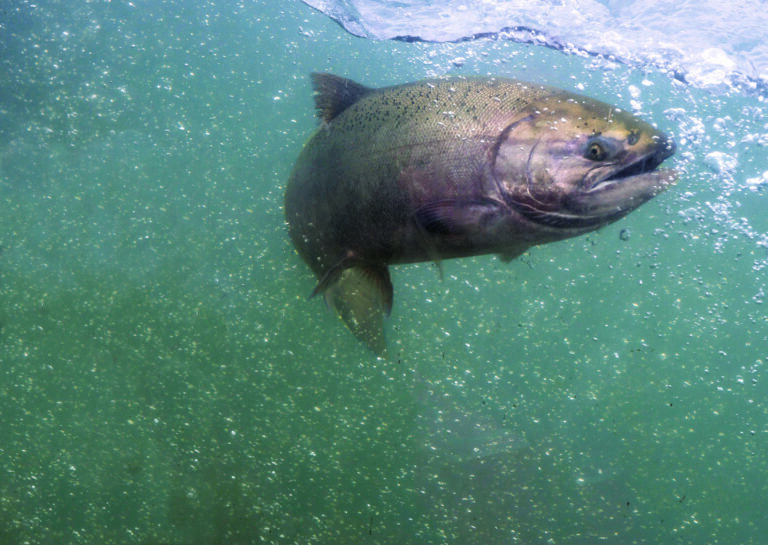
Are Cold Water and Diverse Strategies the Key to Chinook Success?
Amid troubling overall trends for the iconic species and salmon-dependent coastal communities, a new study led by WSC’s Dr. Will Atlas finds some bright spots—and pathways to reverse declines.
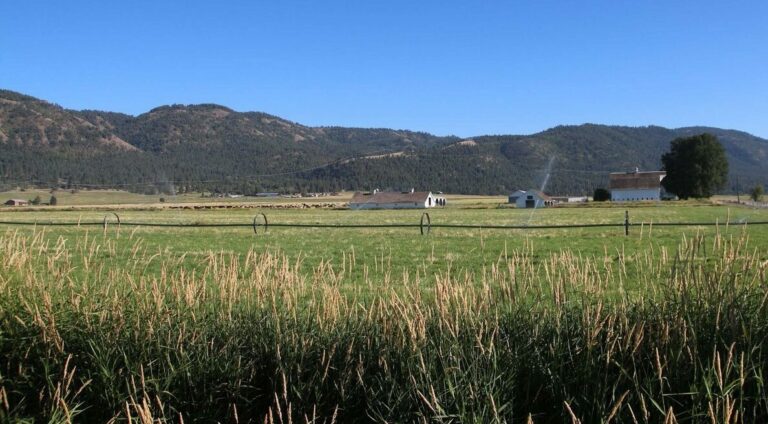
Climate-Resilient Agriculture: a Win-Win for Farmers and Fish
An innovative water conservation project in Eastern Oregon shows a way forward for thriving farms and healthy rivers.